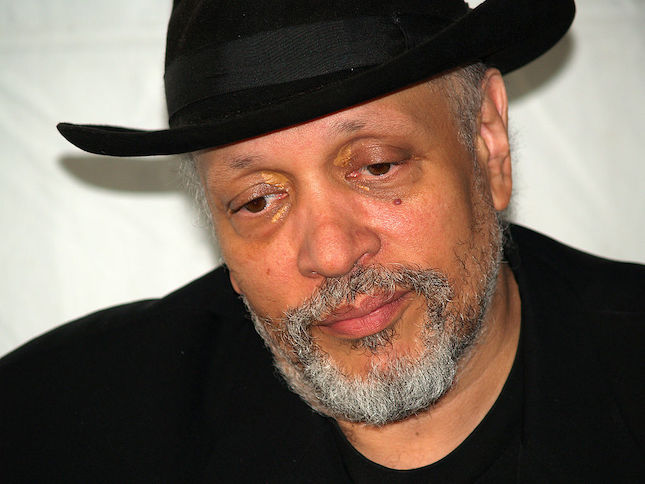Listen to Your Characters
– Ray Bradbury
The Writer’s Surprise Gift
Writer’s know when they are in the zone and the story flows. If you use an outline to hit the main beats of your story, you’ll know what you want to accomplish in the scene.
Your characters may be sitting on a park bench in the snow, digging a ditch as Nazi prisoners, chasing the bad guys, or any other scene you have imagined You begin a dialog between characters and all of a sudden they are saying things you hadn’t planned or considered.
Listen To The Characters
You already know to dispense with banalities–hello, it’s a great day, etc.–and get right to the conversation. Think of your dialog in the same way as the scene: start late, leave early.
Add To The Story
The benefit of having a rough outline is that as the dialog hints of story change you can make notes in the outline that further incorporate the discoveries as your characters speak. Those surprise moments from the characters often lead to other conversations later in the story.
Character Talk
The better you understand your characters, each one, the more surprising words will pop out unbidden. Then listen.
Zara Altair
Zara Altair writes mysteries set in ancient Italy. Argolicus thinks he has retired, but he and his tutor, Nikolaos, are drawn into puzzles, politics, and murder.





